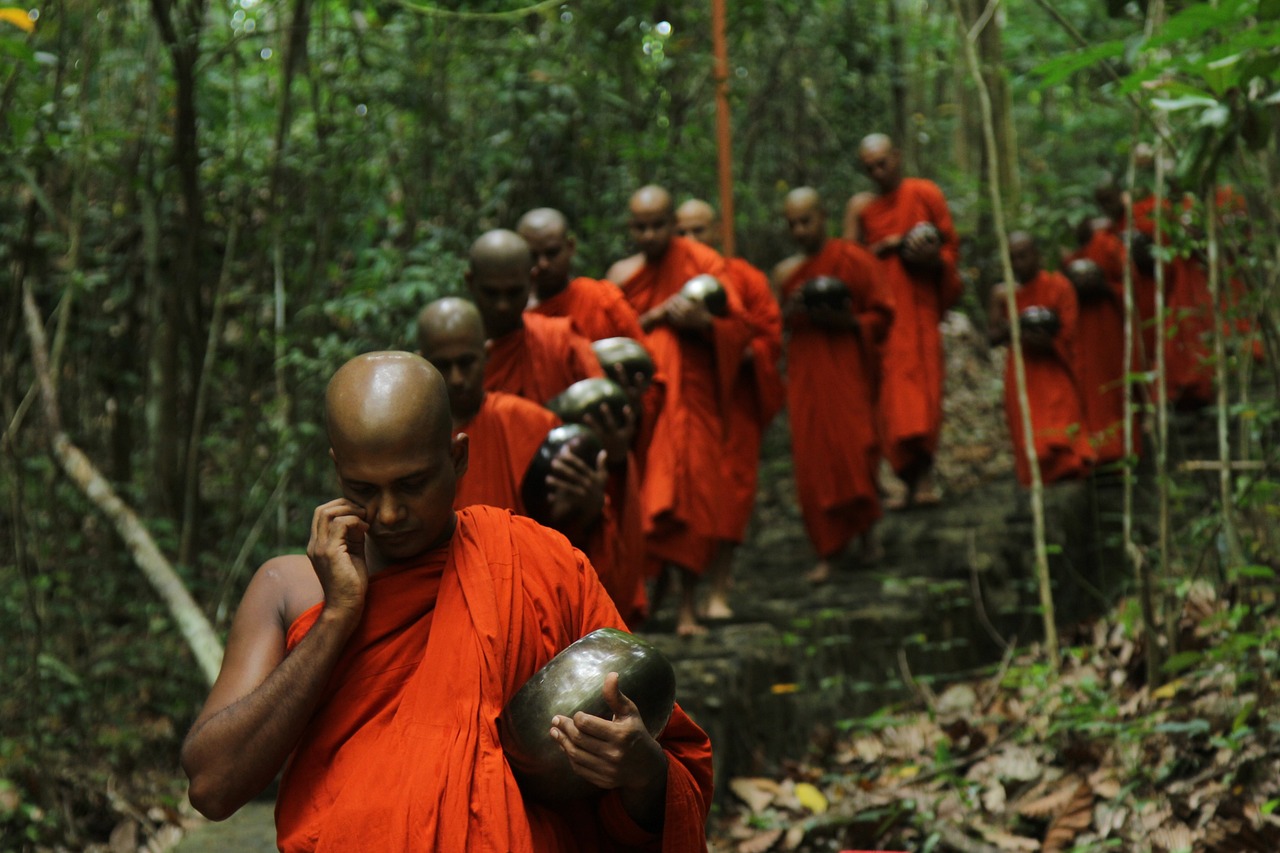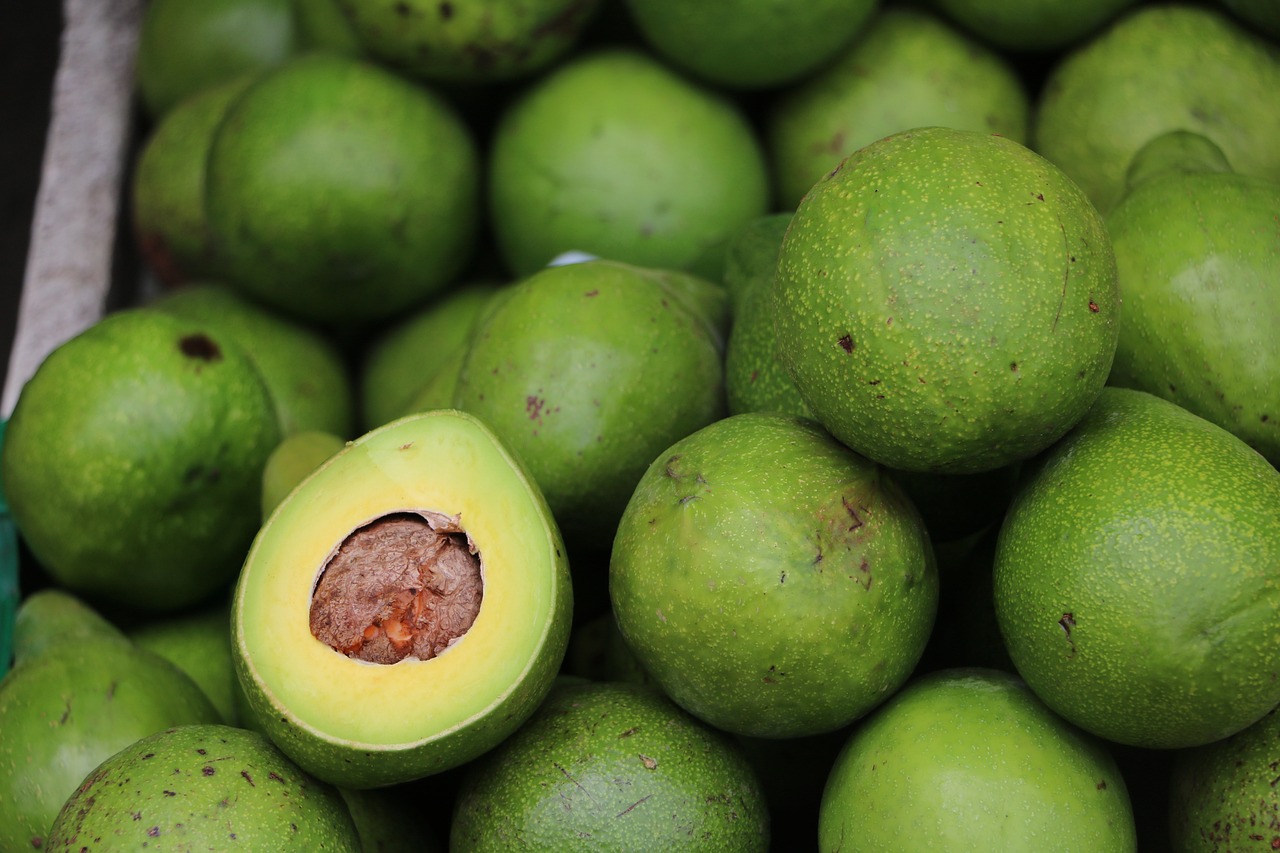Sri Lanka Video
Cultural Sensitivities: Understanding Local Norms in Sri Lanka
In order to have a meaningful and respectful experience in Sri Lanka, it is important to understand and respect the cultural sensitivities and local norms of the country. Sri Lanka is known for its rich cultural heritage, diverse communities, and unique customs. By familiarizing yourself with these cultural sensitivities, you can ensure that you have a positive and respectful interaction with the locals. This article will provide you with detailed information about various aspects of Sri Lankan culture and the norms associated with them.
Religion and Spirituality
- Buddhism: Sri Lanka is predominantly a Buddhist country, and Buddhism plays a central role in the lives of the people. It is important to show respect for Buddhist traditions and customs, such as removing your shoes and hat before entering a temple, dressing modestly, and refraining from taking photographs during religious ceremonies.
- Hinduism: Hinduism is also practiced by a significant portion of the population. When visiting Hindu temples, it is important to dress modestly and remove your shoes before entering. It is also customary to offer a small donation when visiting a temple.
- Islam: The Muslim community in Sri Lanka follows the Islamic faith. When visiting mosques, it is important to dress modestly and remove your shoes before entering. It is also advisable to avoid visiting mosques during prayer times unless you are attending the prayer.
- Christianity: Although a minority religion, Christianity is practiced by a significant number of Sri Lankans. When visiting Christian churches, it is important to dress modestly and follow the customs and traditions of the church.
Greetings and Etiquette
- Greeting: Sri Lankans generally greet each other with a warm smile and a slight nod of the head. Handshakes are also common, especially in more formal settings.
- Respect for Elders: Sri Lankans have great respect for their elders. It is customary to address older individuals with honorific titles such as “Uncle” or “Aunty” followed by their first name.
- Gift Giving: When invited to someone’s home, it is customary to bring a small gift such as flowers or sweets. It is also common to give gifts on special occasions such as birthdays or weddings.
- Table Manners: Sri Lankan meals are often eaten with hands, but it is acceptable to use utensils if you prefer. When dining with others, it is polite to wait for the host to begin eating before you start.
Clothing and Dress Code
- Modesty: Sri Lankans generally dress modestly, especially when visiting religious sites or rural areas. It is advisable to avoid wearing revealing clothing, particularly for women.
- Beachwear: While beachwear is acceptable at beach resorts, it is important to cover up when leaving the beach or visiting public areas.
- Formal Occasions: For formal occasions such as weddings or religious ceremonies, it is customary to dress in traditional attire or formal clothing.
- Footwear: When entering someone’s home or a religious site, it is customary to remove your shoes. It is advisable to wear comfortable slip-on shoes or sandals for easy removal.
Food and Dining
- Vegetarianism: Sri Lanka has a strong vegetarian tradition, and many traditional dishes are vegetarian-friendly. It is important to respect the dietary choices of others and be mindful of any dietary restrictions.
- Spicy Food: Sri Lankan cuisine is known for its spiciness. If you are not accustomed to spicy food, it is advisable to request milder versions of dishes.
- Eating with Hands: In Sri Lanka, it is common to eat with your hands, particularly when consuming traditional dishes such as rice and curry. However, it is acceptable to use utensils if you prefer.
- Sharing Food: Sri Lankans often share food with each other as a gesture of hospitality. It is polite to accept and try a little bit of everything that is offered.
Gender Roles and Interactions
- Respect for Women: Sri Lankan society places a strong emphasis on respect for women. It is important to treat women with courtesy and avoid any behavior that may be perceived as disrespectful.
- Public Displays of Affection: Public displays of affection, such as kissing or hugging, are not common in Sri Lankan culture. It is advisable to avoid such behavior in public places.
- Personal Space: Sri Lankans generally appreciate personal space and may feel uncomfortable with excessive physical contact. It is important to be mindful of personal boundaries.
- Gender-Segregated Areas: Some religious sites and public spaces may have separate areas for men and women. It is important to be aware of these divisions and respect them.
Language and Communication
- Sinhala and Tamil: Sinhala and Tamil are the official languages of Sri Lanka. Learning a few basic phrases in these languages, such as greetings and thank you, can go a long way in showing respect and building rapport with the locals.
- English: English is widely spoken in Sri Lanka, especially in urban areas and tourist hotspots. However, it is still appreciated if you make an effort to learn a few local phrases.
- Tone and Volume: Sri Lankans generally speak softly and maintain a calm tone in their conversations. It is advisable to avoid speaking loudly or using aggressive tones.
- Non-Verbal Communication: Non-verbal cues such as nodding, smiling, and maintaining eye contact are important in Sri Lankan culture and signify attentiveness and respect.
Image 1:

Festivals and Celebrations
- Sinhala and Tamil New Year: The Sinhala and Tamil New Year, celebrated in April, is one of the most important cultural festivals in Sri Lanka. It is a time for family gatherings, traditional games, and feasting.
- Vesak: Vesak, commemorating the birth, enlightenment, and death of the Buddha, is another significant festival celebrated by Buddhists. During Vesak, the streets are adorned with colorful decorations, and lanterns are lit.
- Eid: Eid is a major festival for the Muslim community in Sri Lanka. It is a time for prayer, feasting, and exchanging gifts.
- Christmas: Christmas is celebrated by the Christian community in Sri Lanka. Churches are decorated, and people exchange gifts and enjoy festive meals.
Image 2:

Environmental Awareness
- Conservation: Sri Lanka is home to diverse ecosystems and wildlife. It is important to respect and protect the environment by not littering, avoiding damage to natural habitats, and supporting sustainable tourism practices.
- Wildlife Encounters: When visiting national parks or wildlife reserves, it is important to follow the guidelines provided by the authorities and maintain a safe distance from wild animals.
- Marine Conservation: Sri Lanka has beautiful coastal areas with rich marine biodiversity. It is important to avoid activities that harm coral reefs and marine life, such as stepping on coral or littering on beaches.
- Responsible Waste Management: Be mindful of proper waste disposal practices and use designated bins for recycling when available.
Image 3:

Conclusion
By understanding and respecting the cultural sensitivities and local norms in Sri Lanka, you can have a more immersive and meaningful experience in the country. From religious customs to social etiquette, each aspect of Sri Lankan culture plays a significant role in shaping the daily lives of its people. By embracing these cultural sensitivities, you can forge deeper connections with the locals, gain a greater appreciation for the country’s rich heritage, and ensure a positive and respectful interaction with the communities you encounter.
References
- srilanka.travel
- cinnamonhotels.com
- lonelyplanet.com
- srilankatourism.org
- culturetrip.com


